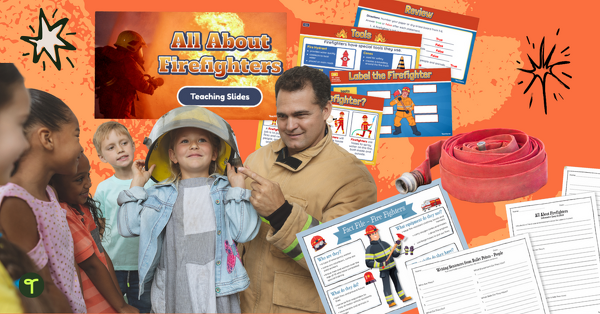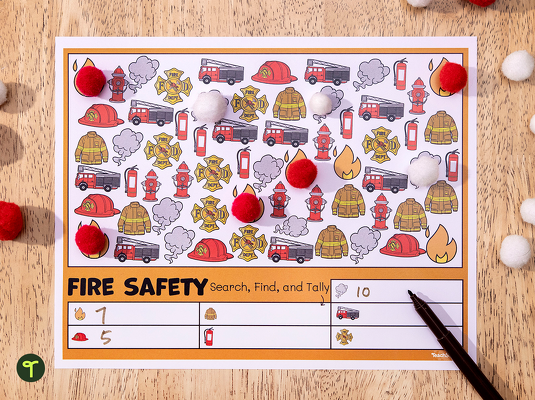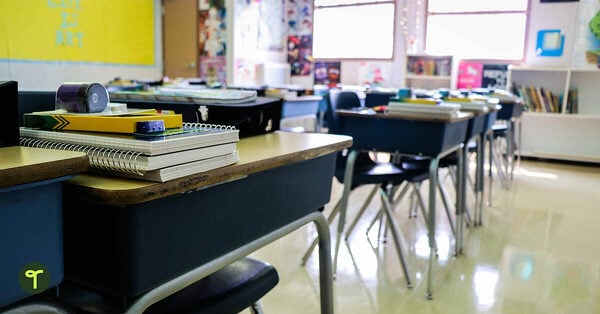Cheating. It’s something you’re bound to face as a teacher more than a few times during your career. After all, surveys have found that as much as 30 percent of elementary school students confess they’ve cheated, and that number leaps to half of all kids by the time they hit high school.
How do you talk to students about cheating … and perhaps even more importantly how do you create a classroom setting where cheating is less likely to happen? Grab a cup of coffee or your water bottle, and let’s talk about the science of cheating!
Why Do Students Cheat in School?
This is the big question we ask ourselves time and time again: Why do students cheat? After all, they know it’s wrong … right?
If only it were that simple! It turns out that cheating is pretty normal for younger kids according to Lisette Kuijt, a child psychologist at online tutoring platform, GoStudent. “Consistently, this research shows that in tests or games, the majority of young children – those aged 3-8 years old – will cheat when given the opportunity to do so,” Kujit says.
Why students cheat when they’re younger often comes down to simple childhood brain development. “In younger children, inhibitory control and working memory are not fully developed,” Kujit explains.
Researchers have also found that young kids with better working inhibitory control and working memory will cheat less often, but if they do choose to cheat, they will use better tactics!
Do Students Know Cheating is Wrong?
By the time most kids start kindergarten — around age 5 — most do know that cheating is wrong, Kujit says, even if they’re still struggling with the urge to do so. By this age, most kids who cheat will be sneaky about it because they do carry the knowledge that it’s a no-no.
By the time the average child is 8, they will be fully aware that cheating is wrong — which isn’t to say they will no longer do it. While cheating tends to decrease as kids get older, by age 8 the reason students cheat tends to change from an inability to control the impulse to fears about negative outcomes such as fear that a parent will be angry if they receive a poor grade.
How to Talk to Students About Cheating
If you’re not talking to your students about cheating at the beginning of the year, it’s time to start says teacher Greg Freebury, founder of Think & Evolve Academy.
Giving kids clear guidelines about what you consider cheating and what the disciplinary actions are for infractions puts your students in the driver’s seat, allowing them to make informed decisions about whether or not they’re going down the road.
For example, you might say that the first infraction will earn a warning, the second a 0 in the grade book, and a third will earn them detention.
This delineates boundaries, which are an important part of any community, your classroom included.
What if they’re caught cheating?
This is where it’s helpful to have already laid out the rules and the repercussions for cheating. You already have set yourself up for the conversation.
What you shouldn’t do — should never do — when talking to students about cheating is to resort to shame says Matt Shenker, an elementary school counselor and resident in counseling from Thriveworks in Hanover, Virginia.
“Shame fuels desperation within people,” Shenker explains. “We don’t want our children to be desperate. We want our children to be curious and engaged. “ Instead, Shenker says to think about the phrase “connection before redirection.”
This doesn’t mean letting the child get away with cheating. It means talking to the student directly about why it is they made the choice to break the rules. “By connecting emotionally with a child and exploring why they cheated and helping them feel through that, we respect them and their humanity,” Shenker says.
What’s more, it helps you identify if your student is lacking understanding or skills so you can now work on a plan to help them catch up. After that connection is made is when you move on to explain the boundary that’s been crossed and enforce the consequences for the action.
How to Prevent Cheating in Your Classroom
If a third of elementary schoolers and half of high schoolers are cheating, is there really anything you can do about cheating in your class? Absolutely Shenker says.
Focus on the Learning Journey: Similar to practices designed to help students develop a growth mindset rather than a fixed one, keeping students focused on the journey of learning rather than on grades can go a long way in a reduction in cheating, Shenker says.
After all, when it’s OK to test and fail and kids know they can just dust themselves off and try again, the stress to get it right the first time is removed.
Create a Safe Space in Your Classroom: Kids who cheat are showing you how they feel about their own worthiness through their actions, Shenker says.
“When a child believes that their right to belong in a family or in a classroom depends on not making mistakes then cheating becomes about self-protection and safety,” he explains. “When a child doesn’t believe that they have the emotional capacity or resources to hold and process feelings of failure then cheating becomes about self-protection and safety. In all my years working with students, I’ve never seen an instance of cheating that wasn’t rooted in both of these patterns.”
Kids who feel safe with their teachers are less likely to cheat.

Model Making Mistakes and Giving and Receiving Apologies: The root of cheating is a fear of making mistakes, but if the teacher models and highlights the importance of mistakes, kids learn that they’re not the end of the world — in fact, they’re part of life.
“With intentional teaching and discussion, a teacher can make embracing mistakes a standard and norm of their community that reinforce belonging,” Shenker says.
[resource:2664978][resource:2658710][resource:2667474]
Create Space For Student Emotions: Do you have a time of the day or a way for students to share their feelings? Implementing these and allowing kids to have positive exchanges of vulnerability are part of social-emotional skill development. And with that comes a reduction in cheating too.
[resource:4639819][resource:4490614][resource:4454849][resource:4490529]
Create Needs-Based & Science-Driven Accountability Systems: This goes back to avoiding shaming of students, and not just when you’re directly talking to them about cheating.
“Accountability systems should not be driven by a child’s fear of disconnection and exile,” Shenker says. Instead, he suggests “accountability systems should be driven by a child’s desire to connect and serve their values and their classroom’s values.” It’s OK to make rules and create boundaries! In fact, they help students grow!







Comments